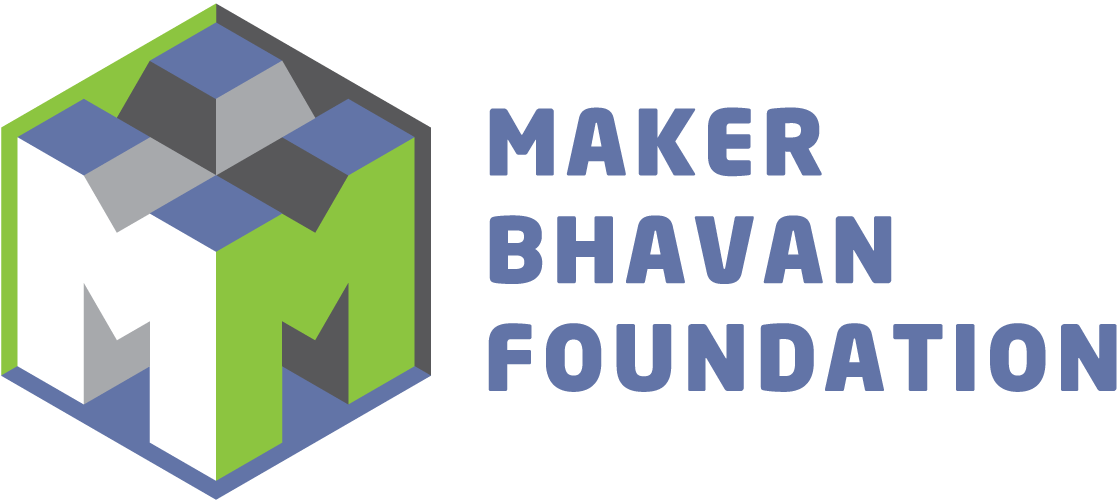April 14 2023
Applications window open
June 5 2023
Applications window shuts
June 12 2023
Announcement of shortlisted teams-25 teams per track
June 15 - July 14
Design Development Phase
July 17 - 30
Selection Committee Review. 1st Round of Presentation Sessions
July 31
Announcement of 20 teams per track
August 1- October 31
Timeframe to work on the initial prototype
November 20– 30
Selection Committee Review. 2nd Round of Presentation Sessions
December 1
Announcement of top 20 finalist teams
December 2 -30
Timeframe to fine-tune the prototype and work on final presentation
January 1-4
Dry run Demo and Presentation with Mentors
January 6
Judgement Day: Onsite demonstration at IIT Delhi and Awards
Application Process
All entries received at the end of the application dates will go through a detailed screening process in four stages:
Stage 1: Application and shortlisting
- Submission of online application document from the applicant team
- Preliminary screening of entries
- Shortlisting 75 teams, 25 per track
Stage 2: Design Development and First Online Assessment
- Online Lectures by industry experts to refine problem statements and bring them in line with current industry requirements.
- Working on the initial prototype
- Submission of a video recording and a presentation of your work towards your prototype
- Online assessment by the jury
Stage 3: : Prototype Building and Second Assessment Online
- Announcement of Selected 60 teams who will receive an initial Rs 5000 towards the consumables for developing their prototype.
- Each team will be assigned a mentor for guidance and feedback.
- The teams will identify the need, research the problem, arrive at possible solutions and select the most promising solution. Following that they will model their prototype and start the production process towards a proof of concept (POC) working prototype.
- Once it’s ready, they will present their initial prototype to their mentors, selection committee members.
Stage 4: Final Stage to D Day
- The top 20 finalists for all 3 tracks are announced.
- Teams receive Rs 15,000 to further refine their prototype.
- Teams work on their pitch presentation and demo with dedicated communication experts
- Teams travel to IIT Delhi for the finals and one day prior have a full dress rehearsal demonstration.
Stage 5: Demonstration & Awards: Onsite
- In-person showcase of a working prototype by the 20 finalists to our panel of judges
- Awards function and interaction with the Press.
Eligibility Criteria
- A team of a maximum of four student members.
- Team members need to be Undergraduate/ Postgraduate/ PhD students from any govt. recognized Indian engineering college or university.
- We will group UG and PG students separately. Prior research work by a student team will not be recognized. Teams will be judged on the specific prototyping work they did during the competition.
- The solution must have a significant hardware component and has to be demonstrated onsite at the finals.
Assessment Methods
Our mentors and jury will manage the structure and judging of the competition. Entries will be shortlisted and judged on the following criteria: –
- Relevance: Is the invention addressing a real problem?
- Effectiveness: Does the prototype work? Is it Cost-Effective?
- Clarity:Is the scientific and logic chain about the product, idea or innovation robust? What can be the pitfalls in the chain of reasoning?
- Uniqueness: How do the benefits compare to the solutions available in the market?
- Patentability: Are the solution and prototype patentable? (IP shall belong to team members)
- Commercial Viability: How does the cost compare to other things in the market?.
- Fact Check: What has been done in the past to address what you are addressing?
- Ease of use: Is the solution practical and easy to deploy? How will it be used by the user?

